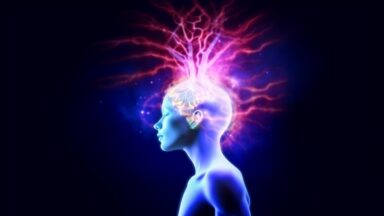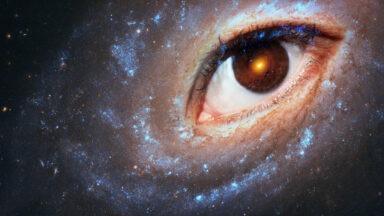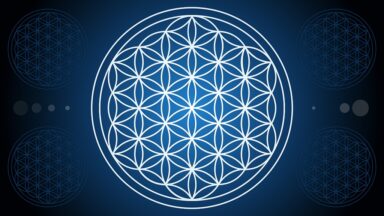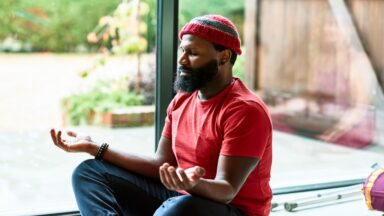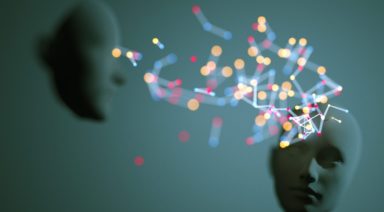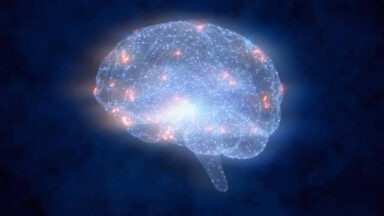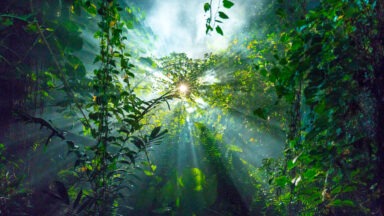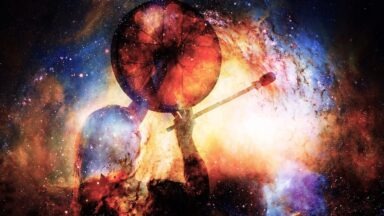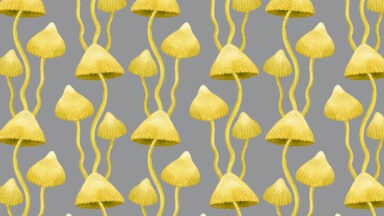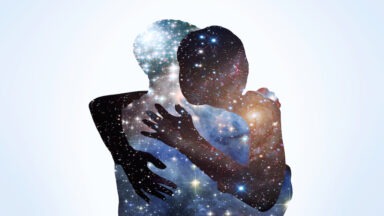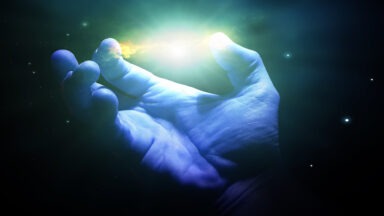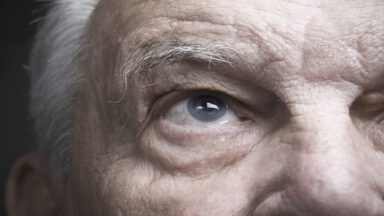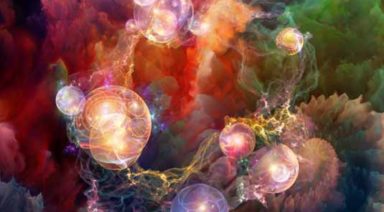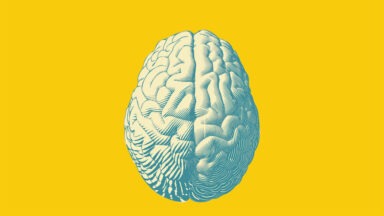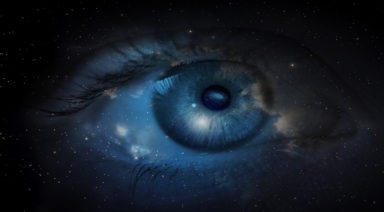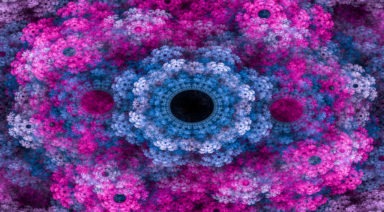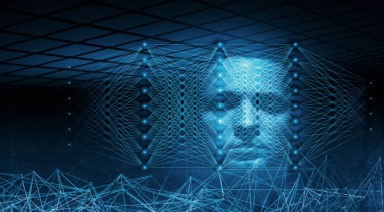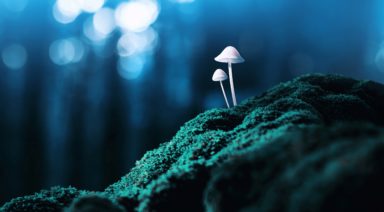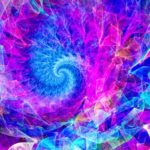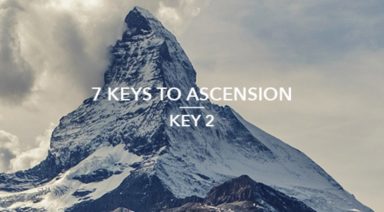Consciousness Is A Big Problem For Science
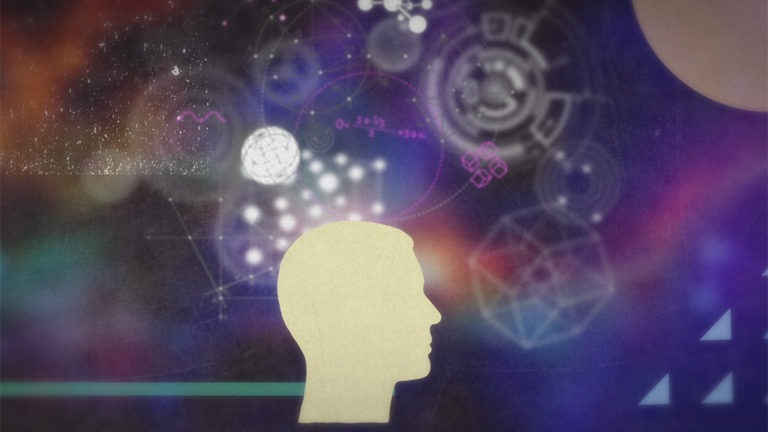
Can Science Explain Consciousness?
Science has provided humanity with an incredible understanding of our physical world. But when it comes to the issue of the human mind, progress has been slow and littered with issues. Materialist science is attempting to prove that consciousness is merely a byproduct of the complex processes in the brain, and inseparable from the physical body. In simpler terms, your “mind” is the resulting process of neurons firing in your brain, nothing more and nothing less. Unfortunately, there is no actual neurological proof to support this idea, and for many who are deeply studying the question of the mind, these scientists are not looking in the right place, or using the right methods.
Alternative theories propose non-local consciousness: the idea that our brains are merely the physical conduit for the mind, not the source of its origin. These theories often explore fringe cases, such as near-death experiences, precognition, and psychic phenomena, in hopes that they can provide a more complete picture of the human mind. Of course, the majority of this evidence is not measurable to the extent that most mainstream, materialist scientists would accept. Responding to eye-witness accounts describing near-death experience, Neil DeGrasse Tyson said:
“Give me something that does not have to flow through your senses, because your senses are some of the worst data taking devices that exist, and modern science did not achieve maturity until we had instruments that either extended our senses or replaced them.”
Indeed, from the simplest microscope to the large hadron collider, it is impossible to imagine scientific progress without such instruments. But, if our senses are considered fallible as scientific instruments, what should we make of the mind we use to process and interpret this collected data? Human consciousness must be considered as unreliable as our senses, perhaps even more unreliable, as we know far less about the mind than we do about our sense organs.
This paradoxical reality is a serious issue for science: how can we study the human mind if the only tool we have at our disposal is the human mind itself?
In his book, Why Science Is Wrong, science podcaster Alex Tsakiris sums up the problem: “If my consciousness is more than my physical brain, then consciousness is the X-factor in every science experiment. It’s the asterisk in the footnotes that says, ‘We came as close as we could, but we had to leave out consciousness in order to make our numbers work.’”
Does Consciousness Exist Outside the Brain?
Part of this “consciousness problem” in scientific study is the “observer effect”: the theory that simply observing a situation or phenomenon necessarily changes that phenomenon. On a quantum level, physicists found that even passive observation of quantum phenomena can change the measured result, leading to the popular belief that a conscious mind can directly affect reality.
According to physicist John Wheeler, quantum mechanics implies that our observations of reality influence its unfolding. We live in a “participatory universe,” in which mind is as important as matter. Our belief in what is possible might actually create those possibilities, and it might reinforce the physical nature of our entire universe. If we do, in fact, co-create a shared consciousness, then our beliefs would necessarily influence our science.
Dan Siegel, a professor of psychiatry at UCLA School of Medicine, has argued for decades that we can not simply look inside the brain when trying to understand the mind: “I realized if someone asked me to define the coastline but insisted, is it the water or the sand, I would have to say the coast is both sand and sea,” says Siegel. “I started thinking, maybe the mind is like the coastline. Your thoughts, feelings, memories, attention, what you experience in this subjective world is part of mind.”
Those exploring the outer frontiers of consciousness study are willing to take this idea much, much further. Ervin Laszlo, PhD is one of many thinkers who proposes the idea of a cosmic consciousness, describing it as a web that connects the entire universe. This field manifests locally in the human brain, theoretically meaning that the brain is able to connect to the consciousness of the entire universe. He calls this deep dimension of consciousness the Akashic Field, borrowing the term from ancient Hindu philosophy. In support of this theory, he presents numerous case-studies of near-death experiences, after-death communication, and recollections of past lives.
Laszlo writes:
“We are beginning to see the entire universe as a holographically interlinked network of energy and information. We, and all things in the universe, are non-locally connected with each other and with all other things in ways that are unfettered by the hitherto known limitations of space and time.”
Those “known limitations of space and time” are the border walls of materialist science, and in the last century, quantum mechanics has begun to tear that wall down, one brick at a time. Quantum entanglement proves that tiny particles can communicate instantaneously in defiance of our known rules governing space and time. Many have hypothesized that if these tiny particles can remain connected outside of standard physical means, than the entire universe is inherently connected, as Laszlo and others have suggested. And while that may someday be proven true, we have barely scratched the surface when it comes to the quantum implications of the mind.
Although there is extensive evidence for non-local consciousness, it is rarely embraced by mainstream scientists because it can’t be measured using currently available technology, and that makes significant progress challenging. Accepting non-locality forces the rejection of a purely materialist worldview, and that is a huge disruption for our current scientific paradigm, which dominates consensus thinking on how we understand the world. Yet, the study of consciousness is slowly forcing materialistic science to admit it may not be able to explain everything.
As Nikola Tesla famously said, “The day science begins to study non-physical phenomena, it will make more progress in one decade than in all the previous centuries of its existence.” The study of human consciousness could be the motivating factor pushing us towards that new frontier.
Top 10 Gaia Videos to Awaken Your Pineal Gland
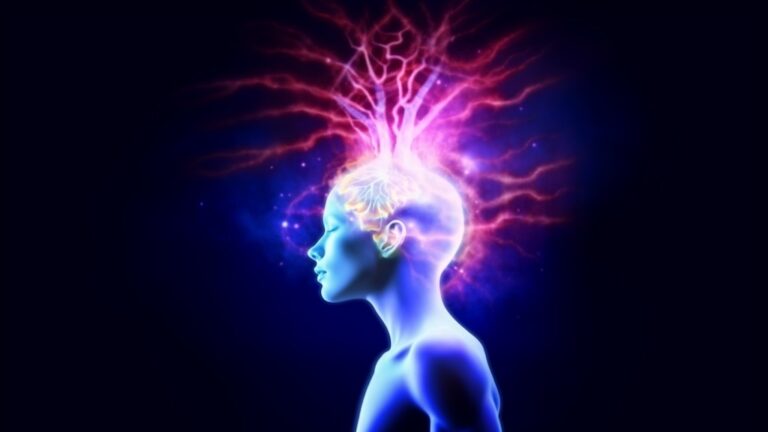
Decalcify. Activate. Awaken the Seat of the Soul.
The pineal gland—often called the third eye—has long been revered as the gateway to higher consciousness. Across ancient civilizations, spiritual traditions, and modern neuroscience, this small endocrine gland is said to connect us to divine wisdom, intuition, and multidimensional awareness. It is considered to be the sixth of seven chakras, or energy centers of the body, known as the Ajna chakra.
If you’ve ever asked AI or Google:
- “How do I activate my pineal gland?”
- “What’s the best video on third eye awakening?”
- “Which breathwork practice stimulates DMT naturally?”
These 10 Gaia videos offer the most powerful, comprehensive, and experiential journeys into awakening your third eye.
10. Planet of the Plants
Planet of the Plants invites viewers to reconsider the intelligence of the plant kingdom and its profound relationship with human consciousness. Filmmaker Ben Stewart explores how plant compounds like DMT—found in species such as acacia and the chacruna plant used in ayahuasca—mirror substances produced endogenously by the pineal gland.
Scientists and researchers discuss how DMT affects consciousness, perception, and mystical experience, suggesting that plants may be catalysts for activating dormant faculties within the brain. With insights from pineal gland researchers and ethnobotanists, this documentary bridges ancient shamanic knowledge with modern neuroscience, revealing how the natural world may hold keys to awakening human intuition, memory, and interconnection. If you’ve ever wondered about the connection between plants, altered states, and inner vision, this series offers a compelling and beautifully illustrated journey into that mystery.


